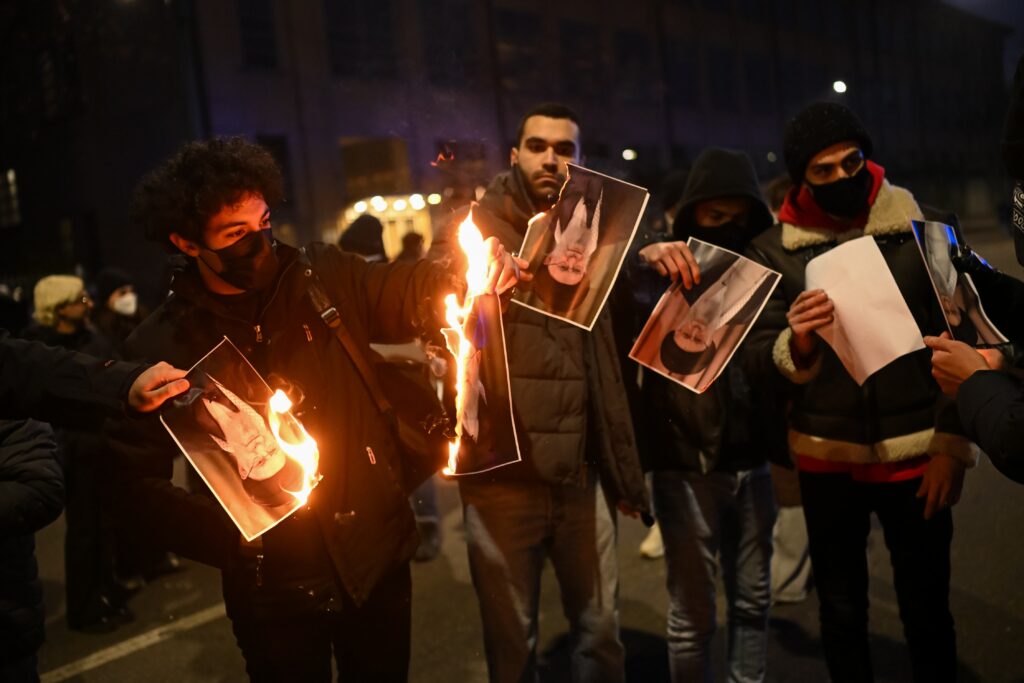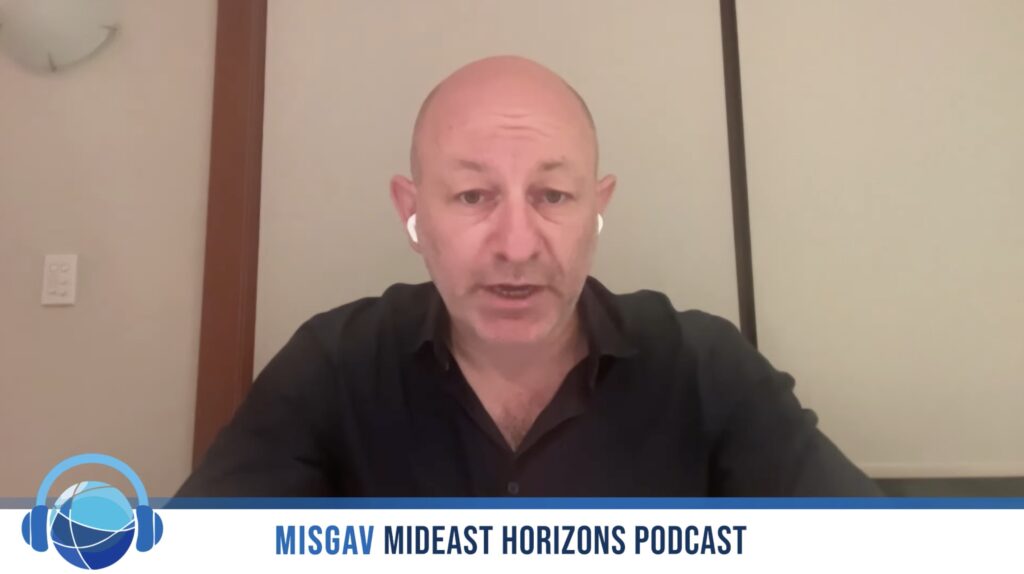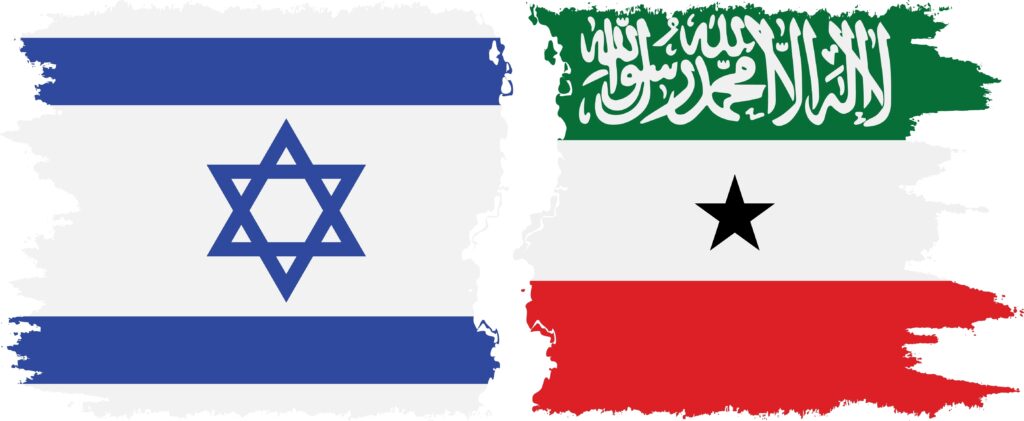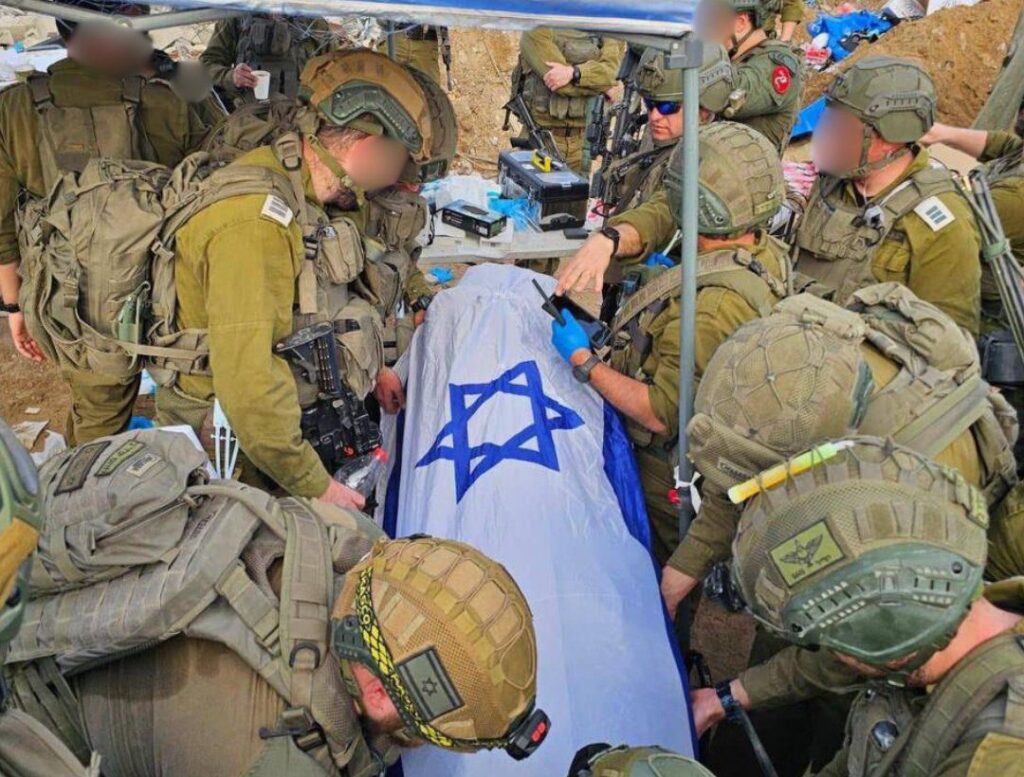IN THE MEDIA
A good resolution, but can it be put into lasting effect?
August 15, 2006 | Colin Rubenstein
Achieving peace will depend on disarming Hezbollah, writes Colin Rubenstein.
The Age – August 15, 2006
THE principles enunciated in UN Security Council Resolution 1701 on Lebanon, passed on Friday, are a positive step towards a sustainable end to the bloody conflict between Israel and Hezbollah. The overarching problem, unfortunately, is that this resolution appears to lack adequate mechanisms to implement those principles.
The resolution calls for a ceasefire, and the gradual withdrawal of Israeli troops from southern Lebanon, to be replaced by 15,000 Lebanese troops supplemented by a reinvigorated 15,000-strong UNIFIL — the existing small UN force in Lebanon. Together, these troops are to enforce a demilitarised zone in southern Lebanon. The resolution also reiterates a previous call for the disarmament of Hezbollah and adds an embargo on arms transfers to Hezbollah.
These principles sketch an excellent outcome. But it’s far from clear that they will be implemented.
Even a genuine ceasefire is not certain, with Hezbollah both promising to support the resolution and, contradictorily, to continue “resistance” against the Israeli soldiers who are to remain in south Lebanon for a few weeks. Moreover, even with a ceasefire, there is no guarantee that the demilitarised zone in southern Lebanon will be enforced, and that Hezbollah will not return to rebuild its extensive network of fortified bunkers and military infrastructure in towns and homes there. At the very least, a new additional UN resolution giving UNIFIL a stronger mandate and more robust rules of engagement is essential.
But the biggest problems are likely to be the disarmament of Hezbollah and the arms embargo. Hezbollah has every incentive to avoid disarmament, as it did successfully under 1559, and this resolution has no effective power or mechanism to implement this call except to request the Lebanese Government do it. But the weak Lebanese Government, with two Hezbollah cabinet ministers, has been unable to do this so far, and remains indecisive, so there is little reason to expect any change.
Remember, Hezbollah is an armed party founded, funded, trained, and in part directed by the Iranian Revolutionary Guards. Hezbollah leader Sheikh Hassan Nasrallah has echoed the view repeatedly enunciated by both Ayatollah Ali Khamenei and Iranian President Mahmoud Ahmadinejad that Israel’s existence is intolerable under Islam, and it is a religious obligation to fight until it is destroyed. Hezbollah is also committed to violently spreading the Iranian Islamic Revolution.
After Israel withdrew from a “security zone” in Lebanon in May 2000, Hezbollah could not relinquish a strategy of confronting Israel, both its raison d’etre and the source of its popularity. So with the assistance of Iran’s ally Syria, then in control of Lebanon, it proceeded to establish a mini-state in southern Lebanon, and built up a massive stock of 13,000 Iranian and Syrian rockets. Hezbollah also invented a pretext for conflict with Israel — a claim to a scrap of the Golan Heights called the Shebaa Farms. It was the massive and growing threat of Hezbollah’s rockets, combined with its determination to continuously attack Israel in service of an ideology demanding Israel’s elimination that led Israel to react as strongly as it did to Hezbollah’s illegal July 12 cross-border attacks with gunmen and rockets.
That attack was almost certainly timed to further Iranian interests — specifically, the likelihood of a UN Security Council debate about sanctioning Iran over its refusal to halt its illegal nuclear weapons program.
Hezbollah, Syria and Iran all want to retain the ability to use Lebanese territory to provoke conflict with Israel whenever convenient.
Therefore, a return to the status quo ante means another similar conflict whenever Hezbollah and Iran choose.
Unless the Hezbollah militia is effectively disarmed, Lebanon will likely never become fully sovereign. Israel’s ability to make further territorial withdrawals in the West Bank, as proposed by the present Government in the quest for an Israeli-Palestinian two-state solution, will be severely curtailed by the fear that any areas vacated will become another Hezbollah-stan-like entity, only this time with rockets easily able to reach Israel’s civilian heartland around Tel Aviv.
The key to changing this grim scenario is strong pressure on Iran and Syria to stop resupplying Hezbollah arms, which will now be illegal under 1701. An effective embargo would limit Hezbollah’s ability to threaten, already badly degraded by Israeli attacks, and it might then agree to disarm and become a normal political party in Lebanon. If this does not happen, no one can expect Israel will stand by and allow Hezbollah to rebuild.
Effectively implementing the resolution will not be easy or painless.
Colin Rubenstein is executive director of the Australia/Israel and Jewish Affairs Council. Previously, he taught Middle East politics at Monash University.
Tags: International Security





